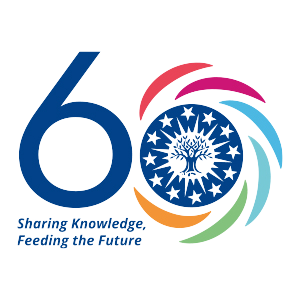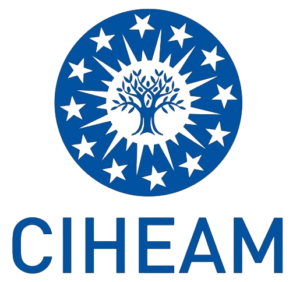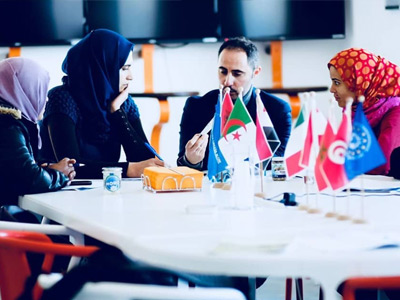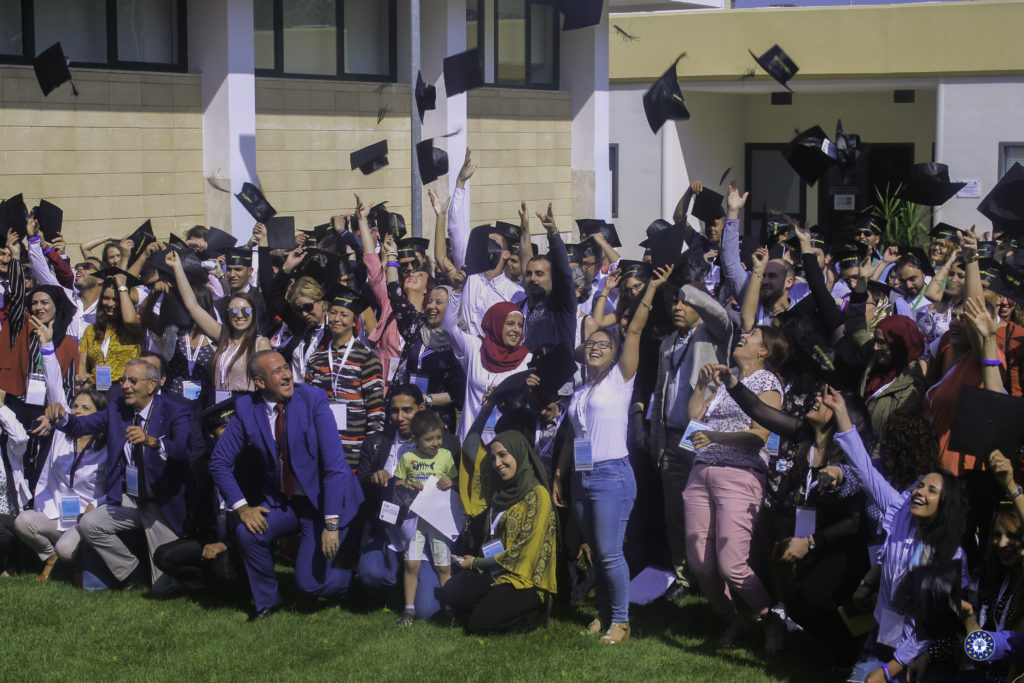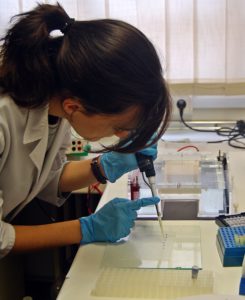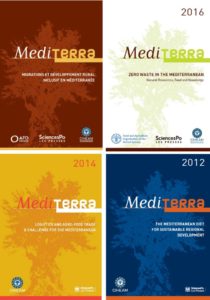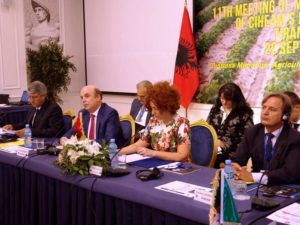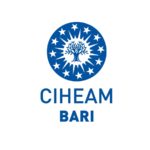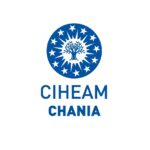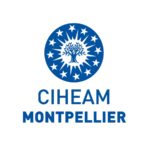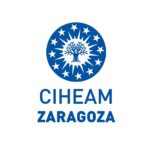Press Release
19 December 2019
Paris, France
Chaired by Mohammed Sadiki, President of the CIHEAM Governing Board, delegations from the 13 member countries of the Centre met in Paris on 19 December 2019 for the 144th session. The 13 member states of the CIHEAM are Albania, Algeria, Egypt, France, Greece, Italy, Lebanon, Malta, Morocco, Portugal, Spain, Tunisia and Turkey.
The President led the discussions that mainly focused on the strategic directions of the Organisation and on the place of such a governmental institution in the Mediterranean. A region that is particularly subject to development challenges in rural and coastal areas and that is facing major changes in the food and agricultural fields especially with regards to climate change effects.
He also mentioned the participation of the CIHEAM in new spaces for dialogue and cooperation such as the “Global Forum on Innovations for the Marginal Environments 2019”, led by the Dubai-based International Center for Biosaline Areas (ICBA). He welcomed the partnership dynamics with strategic players such as FAO, the European Commission, the Union for the Mediterranean and the Mediterranean Integration Centre- World Bank.

The Secretary-General, Mr Plácido Plaza and the Directors of the 4 CIHEAM Institutes based in Bari (Italy), Chania (Greece), Zaragoza (Spain) and Montpellier (France) presented their fields of action, in line with the three key areas of the Organisation, namely: sustainable and inclusive food systems in the Mediterranean, empowerment and strengthening of the place of youth and women, sustainable coastal and fishing development.
The cross-cutting activities of the CIHEAM that support these strategic directions were also presented. This is the case of the
“Field Research Initiative” which provides support to PhD students and young researchers who, on the ground, contribute to eradicating hunger and malnutrition, strengthening the sustainability and resilience of agriculture, reducing rural poverty, or support the achievement of the United Nations Sustainable Development Goals (SDGs), while reducing the negative effects of migratory pressures in the region.
As in the case of other projects developed by the CIHEAM, this new momentum is aimed at enhancing the mobility of human capital and knowledge, strengthening as much as possible the interactions between Mediterranean youth, local and rural community professional organisations including producers and sectors, cooperatives or companies, as well as with specialised laboratories and centres of excellence.
New avenues of work were finally announced, such as the implementation CIHEAM Social Responsibility policy including a gender policy, or the enhancement of cooperation activities with Africa.
Finally, the Governing Board discussed progress on aspects of the Centre's governance and the declination of its strategic agenda into an operational action plan.


